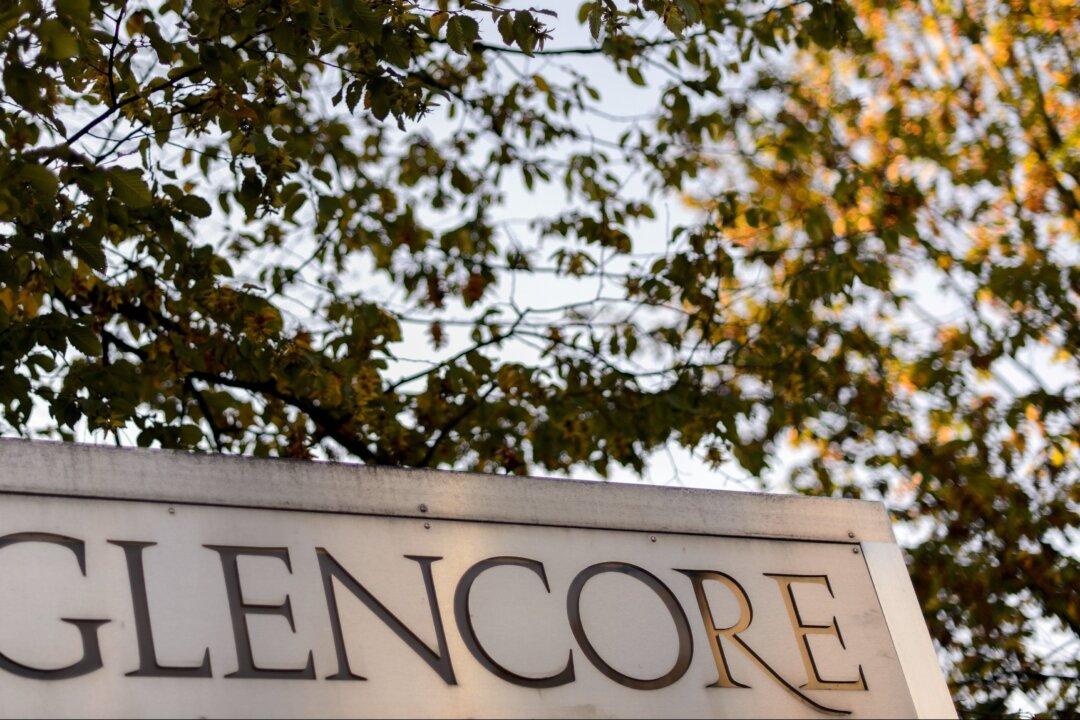LONDON—Trading and mining giant Glencore has lost its exclusive marketing rights for two of Libya’s main crude oil export grades after holding them since late 2015, trading sources with direct knowledge said.
The Switzerland-based firm had secured the rights to the Sarir and Messla grades when it was one of the few foreign companies willing to deal with the North African country during unrest that has wracked the country since 2011.





